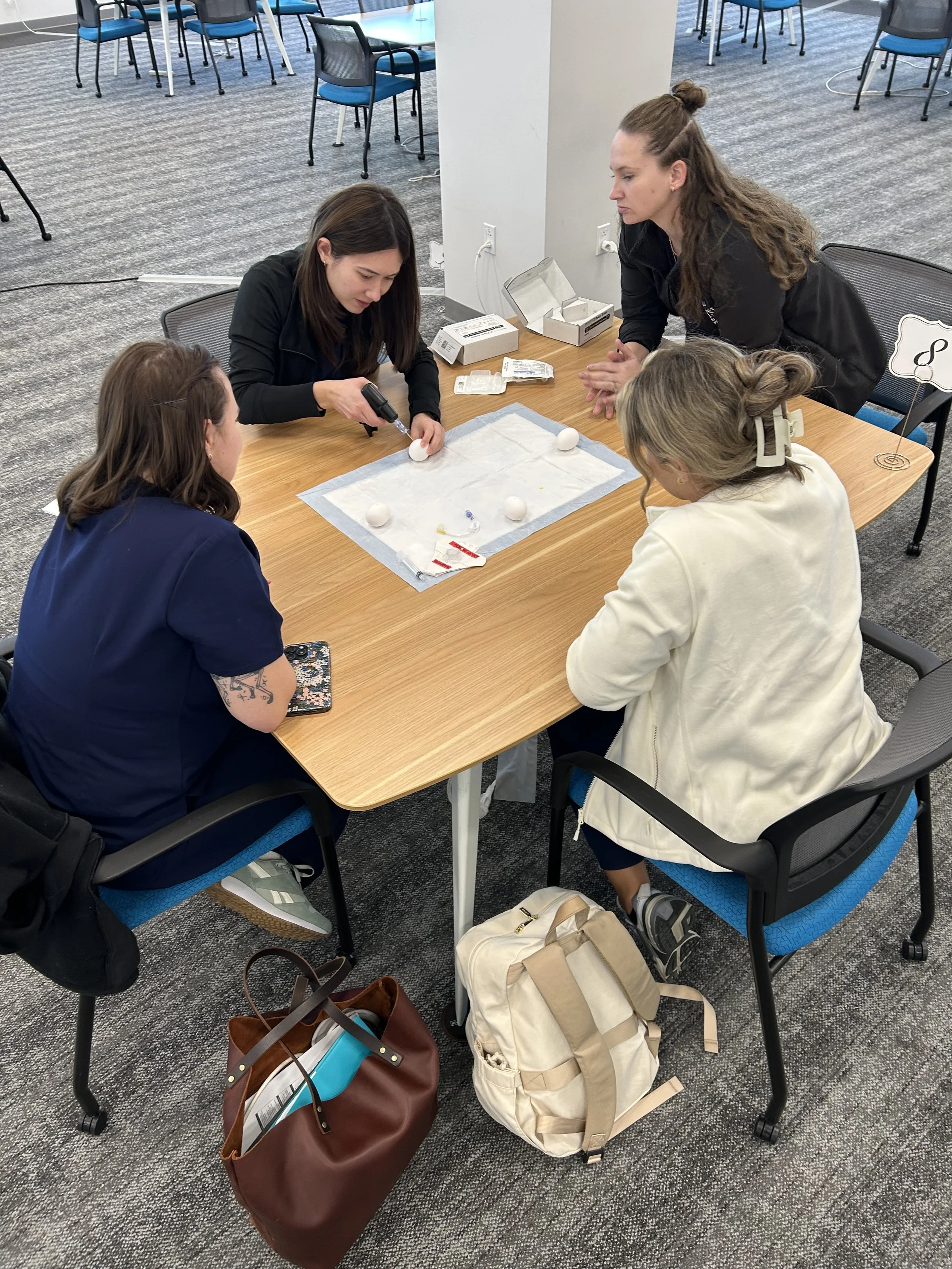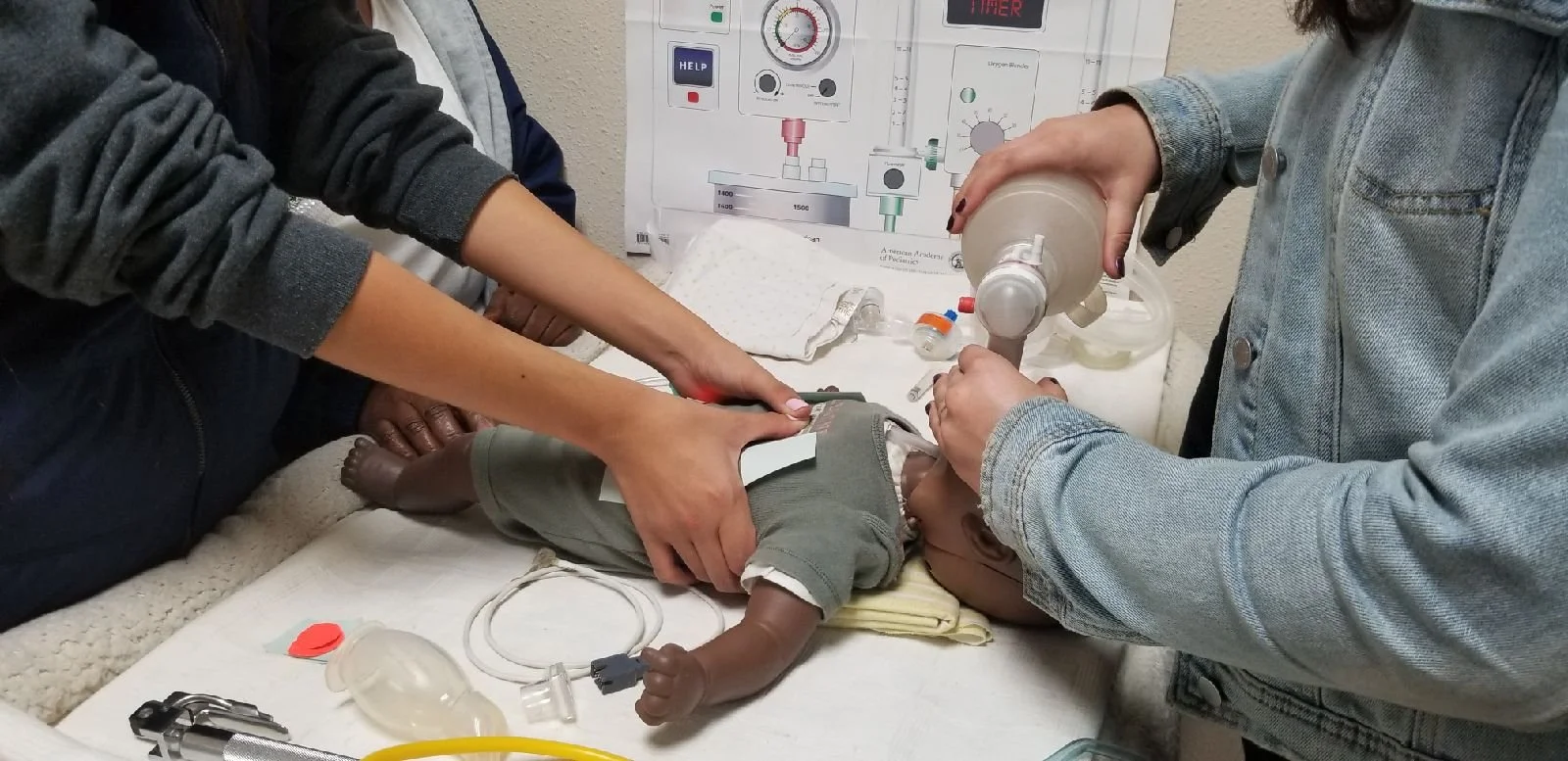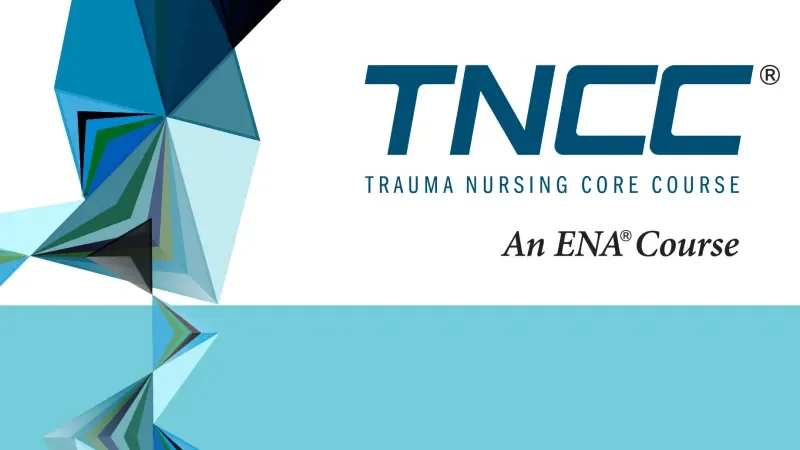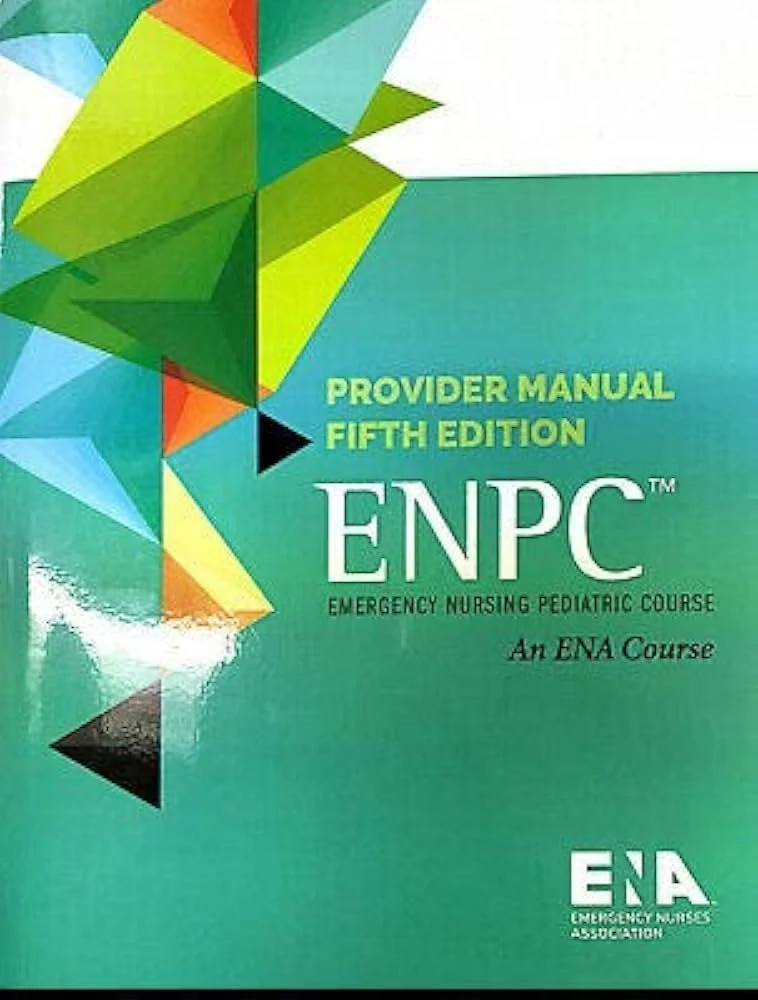
A 3% fee is added to all credit card and debit card transactions.
NRP
The Neonatal Resuscitation Program® (NRP®) course conveys an evidence-based approach to care of the newborn at birth and facilitates effective team-based care for healthcare professionals who care for newborns at the time of delivery. NRP utilizes a blended learning approach, which includes online testing and hands-on case-based simulation/debriefing that focus on critical leadership, communication, and team-work skills.
Mission: To develop and disseminate evidence-based neonatal resuscitation education
Vision: To improve neonatal health by having an expert provider at every birth and an expert team at every resuscitation
TNCC
Every second counts when stabilizing life-threatening trauma cases. This course, taught by qualified nurses, prepares you with the knowledge, critical thinking skills and training needed to provide high-quality trauma nursing care. After completing this course, you will be able to properly assess patients and implement evidence-based interventions to improve outcomes for them.
Here's a glimpse of what you'll learn:
The latest trauma nursing practice recommendations
Systematic assessment and standardized approach to trauma nursing care
Rapid identification of life-threatening injuries.
ENPC
This course, taught by qualified nurses, is designed to provide the core-level pediatric knowledge and skills needed to properly assess and implement evidence-based interventions to improve outcomes for this high-risk patient population.
ENPC, 6th Edition, is ENA's latest version of the Emergency Nursing Pediatric Course. This edition is patient-presentation-based, focusing on recognizing normal and abnormal findings and appropriate interventions. Highlights of this edition include:
The addition of "The Child with a Rash" and "The Child with Special Health Care Needs
The reintroduction of a chapter on trauma, "The Child with an Injury"
"The Child in Need of Stabilization" includes resuscitation and critically ill presentations
The course is designed to provide the core-level pediatric knowledge and skills needed to properly assess and implement evidence-based interventions to improve outcomes for this high-risk patient population..



